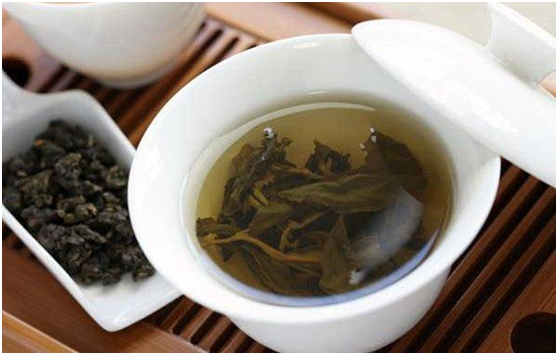What Is Chinese Oolong Tea Good For
Oolong tea has the effects of replenishing water, refreshing the mind, promoting digestion, moistening the intestines and promoting bowel movements, and diuresis. It is also effective in improving thirst, physical fatigue, decreased appetite, dry stools, and red and yellow urine. If you experience discomfort while drinking chinese tea oolong tea, it is recommended to seek medical treatment promptly.
1. Supplement water:
Oolong tea is a common tea beverage. Drinking Oolong tea in moderation every day can replenish water for the body and improve symptoms of dry mouth and thirst caused by insufficient water.
2. Refreshing and refreshing:
Because oolong tea contains tea polyphenols, which can increase the excitability of the nervous system, drinking oolong tea can alleviate difficult symptoms and improve work efficiency.
3. Promote digestion:
Drinking oolong tea can relieve greasiness, promote gastric acid secretion, enhance gastrointestinal motility, and improve bloating and decreased appetite caused by indigestion.
4. Moisturizing the intestines and promoting bowel movements:
Oolong tea contains dietary fiber, which can enhance intestinal peristalsis and soften stool. Therefore, drinking Oolong tea can improve symptoms of constipation and constipation.
5. Diuretics:
Drinking oolong tea can promote the excretion of urine and improve the redness and yellowing of urine.
It should be noted that people with severe insomnia are prohibited from drinking oolong tea to avoid exacerbating insomnia symptoms. When drinking oolong tea, attention should also be paid to the concentration and strong tea should not be consumed.
Oolong tea side effects
The disadvantages of drinking oolong tea include affecting sleep quality, affecting calcium absorption, and causing gastrointestinal discomfort.
1. Impact on sleep quality:
Oolong tea contains some caffeine or other alkaloids. If you drink too much oolong tea, it may cause sustained excitation of the sympathetic nervous system, affect sleep quality, and even lead to symptoms of insomnia.
2. Affects calcium absorption:
Oolong tea contains a large amount of alkaloids, which can affect the absorption of calcium by the duodenum, causing symptoms such as calcium deficiency and osteoporosis in the body.
3. Gastrointestinal discomfort:
Due to the high content of tea polyphenols in oolong tea, drinking too much can also stimulate the gastric mucosa, causing excessive secretion of gastric acid, which can affect the digestive function of the stomach and lead to gastrointestinal discomfort such as nausea, vomiting, and bloating.
In addition, it is not recommended for people with anemia to drink oolong tea frequently, as it may worsen the symptoms of anemia. If you feel uncomfortable in daily life, stop drinking oolong tea immediately.




